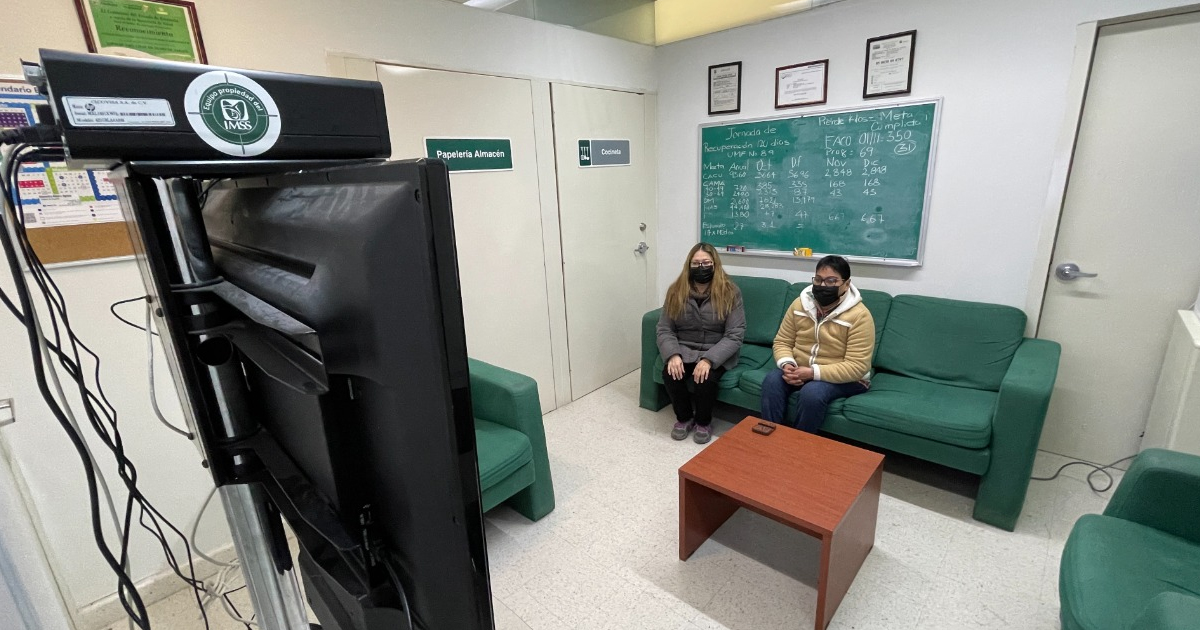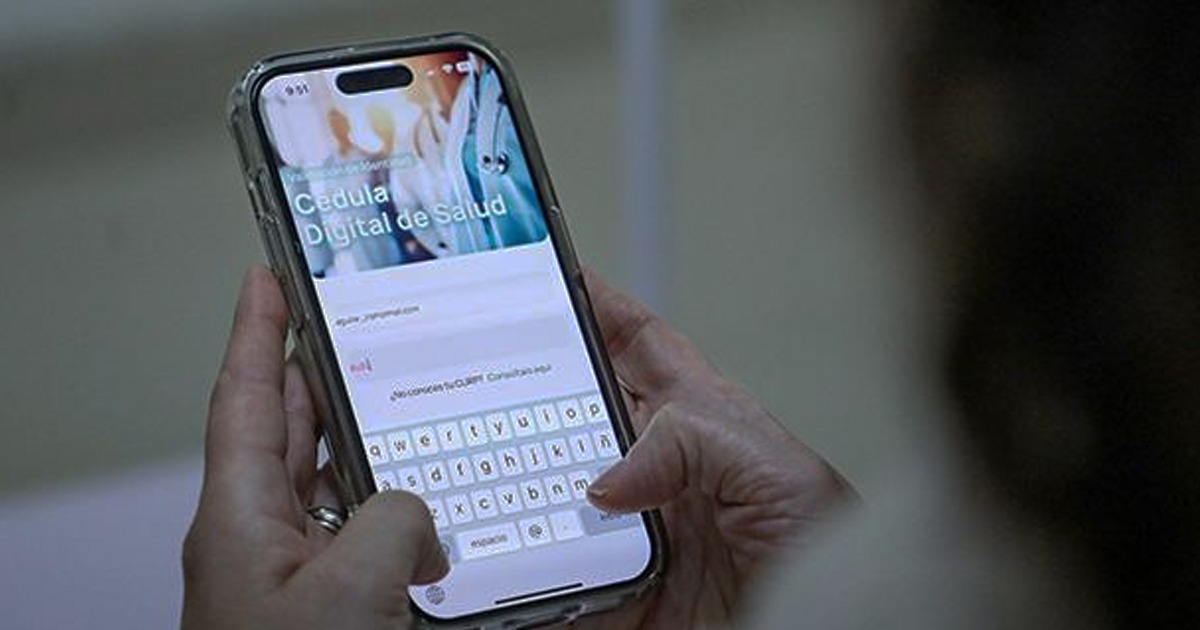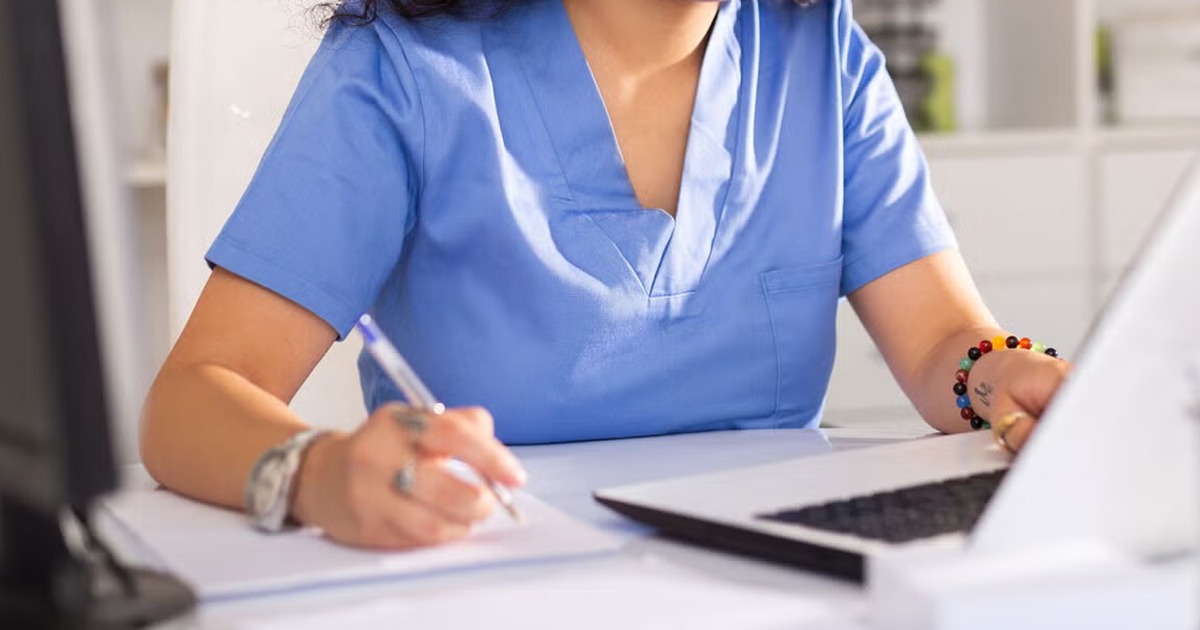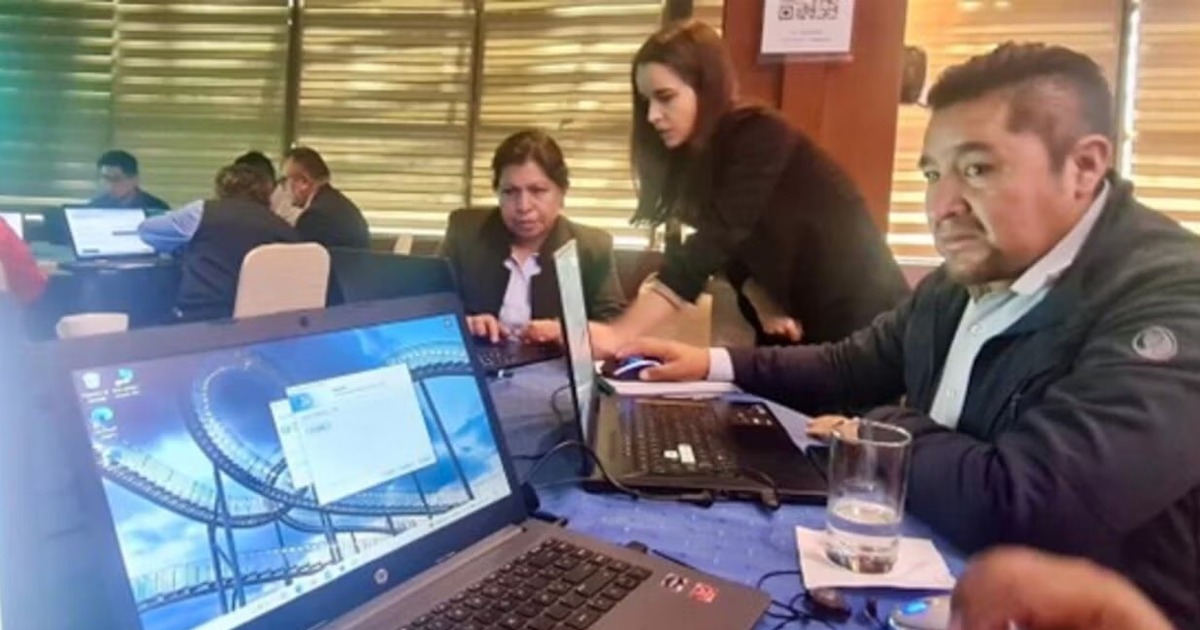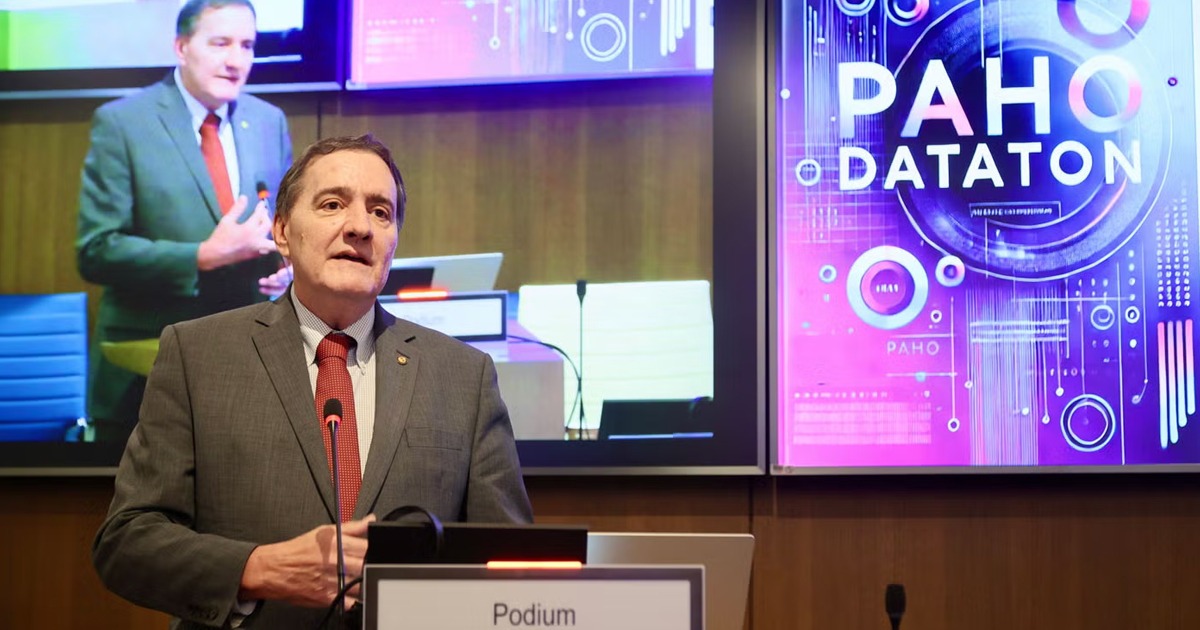Honduras applies a nutrition strategy through telehealth tools. The TeleSAN Mosquitia initiative developed a nutritional health platform for remote monitoring and diagnosis of patients.
TeleSAN is an initiative promoted in Honduras with the support of the European Union through the Pan American Development Organization (PADF). Its purpose is to connect remote health units with highly specialized hospitals using new digital technologies. In this way, thanks to the use of teleconsultations, telediagnostics and teleeducation, it seeks to bring health services closer to the population of these remote areas.
TeleSAN Mosquitia is one of the units that are part of this strategy, which is led by the Faculty of Medical Sciences of the National Autonomous University of Honduras. TeleSAN Mosquitia has developed a digital platform that connects nutrition professionals in Tegucigalpa with doctors in remote areas of Honduras, thus bringing nutrition services closer to the population, making diagnoses and following up on patients.
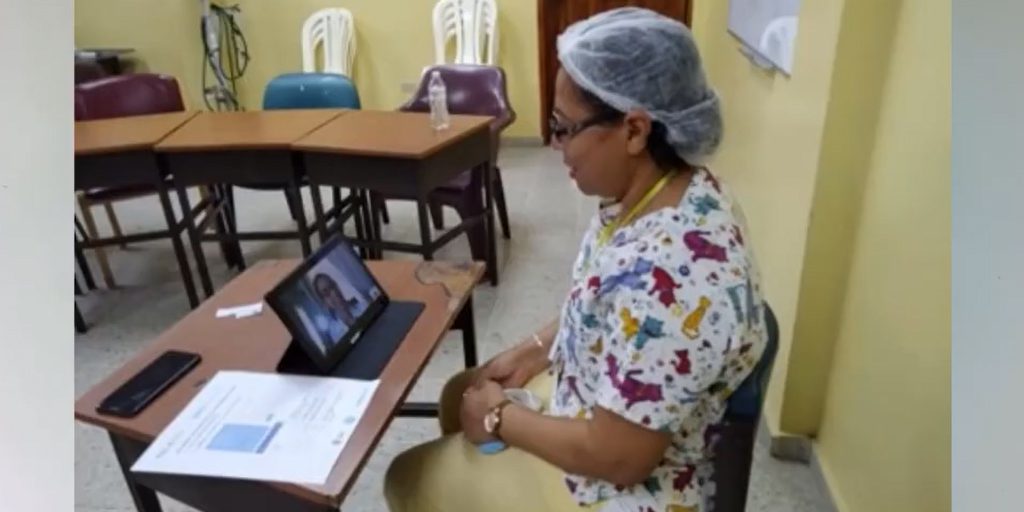
The project has the support of students in their last semesters of the Nutrition career at UNAH, who provide their services to provide remote care. The attention is focused on children under five years of age, pregnant women, lactating women, adults with hypertension or diabetes, and even health personnel.
The nutritional care program has an alert system, when entering the patient's information to the platform, the patient's status is indicated, what risk they are in, to address each patient individually and provide timely care. In this way, patients receive a diagnosis, treatment, follow-up and monitoring in an appropriate way to avoid diseases or control pathologies.
On the other hand, Reyna Melissa Arteaga Portillo, nutritionist and important piece in this program, explains that the tele-education program is also an important part of the strategy through it, the patient receives nutritional counseling and multimedia educational materials are developed for patients. and health personnel.
"We have identified strengths and opportunities for improvement, in the country it has a great impact because it improves nutritional health, improves treatment with patients since it provides comprehensive care for the patient," explains Arteaga. In addition, he adds that a good nutritional recommendation can make a difference in the diagnosis of diseases and in their treatment and thus avoid complications.
